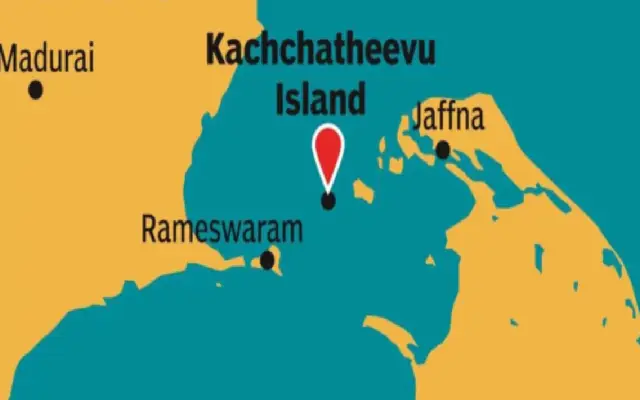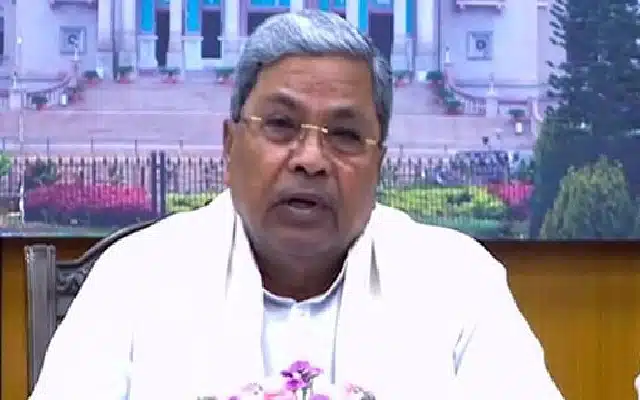Fifty years after India and Sri Lanka resolved a longstanding dispute over the sovereignty of Katchatheevu Island, Indian Prime Minister Narendra Modi has stirred controversy by accusing the former Congress-led government of ceding Indian territory to Sri Lanka. This allegation, made by Modi and his Bharatiya Janata Party (BJP) on the brink of national elections, has reignited debates over a pivotal diplomatic relationship.
The Controversy Unveiled: The controversy unfolded after Modi shared a news report on social media, suggesting that the Congress Party, under the leadership of then-Prime Minister Indira Gandhi, handed over Katchatheevu Island to Sri Lanka. This assertion stemmed from a Right to Information (RTI) request filed by Tamil Nadu BJP President K Annamalai, indicating that the Congress government, in consultation with the Dravida Munnetra Kazhagam (DMK) ruling Tamil Nadu at the time, transferred ownership of the island to Sri Lanka. Modi’s subsequent statements and social media posts accused Congress of jeopardizing India’s unity and interests, sparking widespread debate and scrutiny.
Historical Context and Territorial Dispute: Katchatheevu, a small island measuring 115 hectares, lies within Sri Lanka’s maritime boundary, approximately 33km off the coast of Rameswaram in Tamil Nadu. Control of the island has been contested between India and Sri Lanka, primarily concerning fishing rights in the surrounding waters. The dispute dates back to the early 20th century, exacerbated by a survey in 1921 that placed the island within Ceylon’s maritime territory. Despite India’s historical claims, a maritime boundary agreement signed in 1974 officially recognized Katchatheevu as part of Sri Lanka’s territory.
Political Fallout and Electoral Calculations: The BJP’s decision to resurrect the Katchatheevu issue ahead of elections is viewed by many analysts as a strategic move to gain political leverage in Tamil Nadu, where the party has historically struggled to establish a foothold. With 39 national constituencies at stake in Tamil Nadu, the BJP’s attempt to capitalize on local sentiments could influence electoral outcomes. However, critics argue that politicizing settled disputes risks undermining diplomatic relations and regional stability.
Implications for India-Sri Lanka Relations: While the controversy has reignited domestic debates, its impact on India-Sri Lanka relations remains uncertain. While both countries have historically contested the issue, revisiting settled matters could potentially strain bilateral ties. However, Sri Lanka’s Foreign Minister Ali Sabry has downplayed the significance of the controversy, emphasizing that the matter was settled decades ago and does not warrant further discussion.
Conclusion: The resurgence of the Katchatheevu dispute underscores the intersection of domestic politics and foreign policy in India. While the BJP’s attempt to leverage the issue for electoral gains may resonate with certain segments of the electorate, it risks undermining the delicate balance of India-Sri Lanka relations. As the electoral rhetoric subsides, it remains to be seen whether the controversy will have lasting implications for bilateral ties or fade into political oblivion.

















